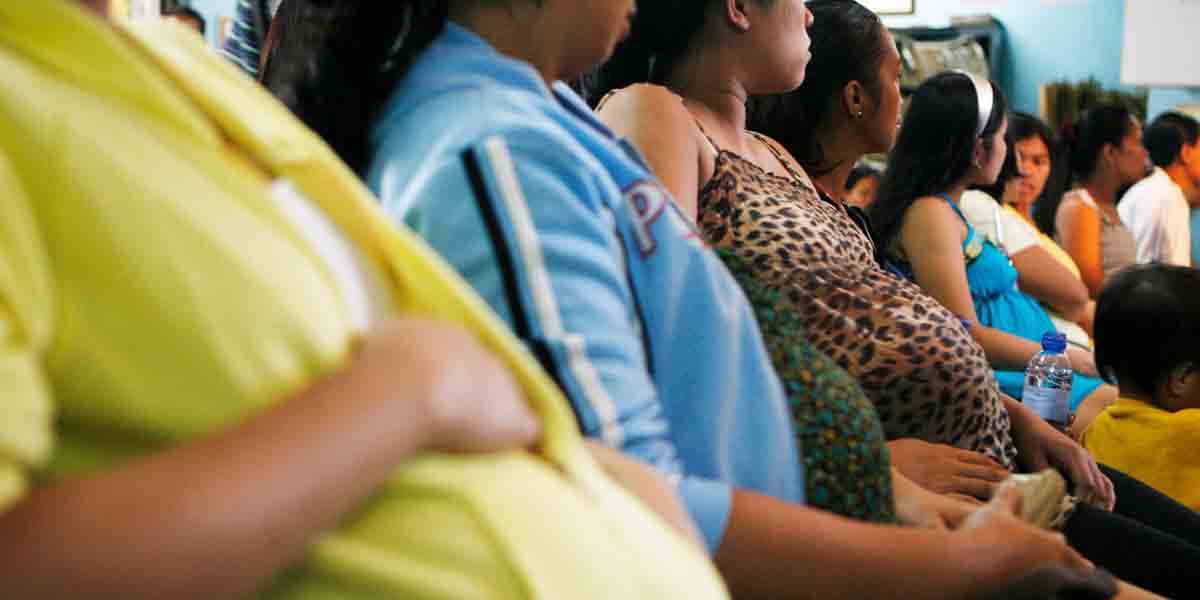The National Economic and Development Authority (NEDA) has reported steady economic growth despite challenges posed by volatile climate conditions and global economic shifts.
In its year-end report presented by Secretary Arsenio M. Balisacan on Nov. 29, 2024, NEDA revealed that the Philippine economy grew by an average of 5.8 percent in the first three quarters of the year. This comes amid disruptions caused by El Niño, La Niña, and successive typhoons that affected agriculture and trade.
“Our growth rate still positions us as one of the fastest-growing economies in Asia. It is a testament to our people’s hard work and the sound policies implemented by our Government despite such challenging conditions,” Balisacan said.
NEDA remains optimistic about meeting the 6.0 to 7.0 percent GDP growth target for 2024, citing robust holiday spending, stable commodity prices, and a strong labor market as key contributors.
Inflation management was highlighted as a major success, with the annual average at 3.3 percent from January to October, staying within the target range of 2.0 to 4.0 percent. Balisacan attributed this to government interventions, including a comprehensive review of tariffs on agricultural goods.
“Rice remains a main driver of inflation, and prices remain elevated. This is an issue we are closely monitoring,” he added.
The labor market also showed positive trends, with the unemployment rate dropping to 3.7 percent in September 2024, from 4.5 percent a year ago. However, underemployment slightly rose to 11.9 percent, underscoring the need for quality job creation.
To address this, NEDA is finalizing the Trabaho Para sa Bayan (TPB) Plan, a blueprint to improve job stability and wages through investments in infrastructure and workforce upskilling.
Fiscal reforms were also credited for narrowing the budget deficit to 5.1 percent of GDP in the first nine months of the year, compared to 5.7 percent in the same period in 2023. The S&P Global Ratings upgrade of the country’s economic outlook from stable to positive reflects these improvements, NEDA noted.
The agency underscored its commitment to reducing poverty to a single-digit rate by 2028, citing the decline in poverty incidence from 18.1 percent in 2021 to 15.5 percent in 2023 as proof of progress.
“Our focus remains on keeping prices stable and enhancing social protection programs, including those enabled by the National ID system,” Balisacan said.
Infrastructure projects featured prominently in NEDA’s achievements for 2024, with 37 projects worth PHP 878.3 billion approved. These include high-impact initiatives such as the PHP 170.6 billion Ninoy Aquino International Airport rehabilitation and regional transport connectivity projects in Mindanao and Laguna.
The government also prioritized healthcare and digital transformation. Projects like the PHP 27.9 billion Philippine Health Systems Resilience Project aim to strengthen health services and climate-ready infrastructure, while the PHP 16.1 billion Philippine Digital Infrastructure Project seeks to expand broadband connectivity in underserved areas.
Looking ahead, NEDA expressed confidence in the Philippines achieving upper middle-income country status by 2025. However, Balisacan warned that this would depend on maintaining growth targets, a stable currency, and continuous reform implementation.
NEDA plans to release the Philippine Development Report 2024 and a midterm State of the Economy Report next year to evaluate the country’s progress and align strategies for achieving the goals outlined in the Philippine Development Plan 2023-2028.
“We look to the year ahead with much optimism, confident that we will build on the hard-won gains we have made and learned from the lessons of the year that is about to pass,” Balisacan concluded.






















